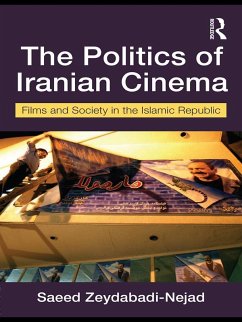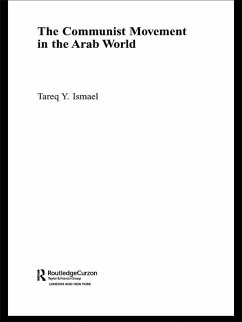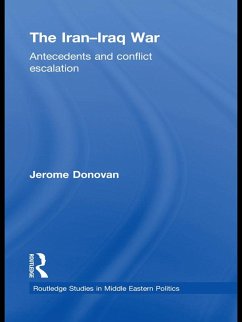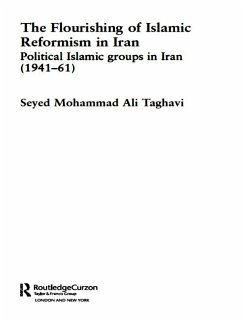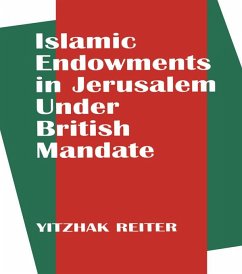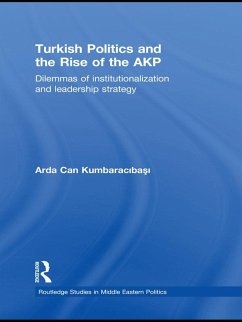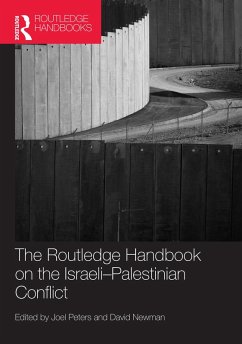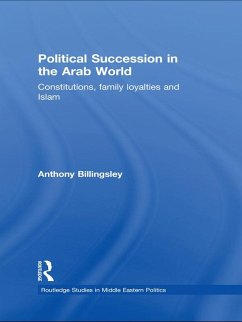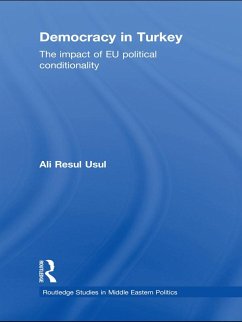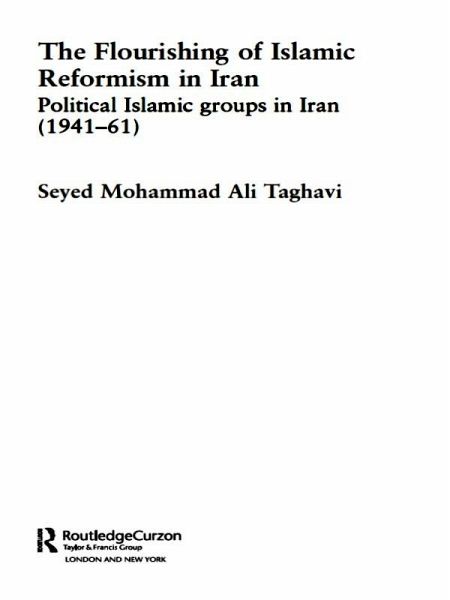
The Flourishing of Islamic Reformism in Iran (eBook, PDF)
Political Islamic Groups in Iran (1941-61)
Versandkostenfrei!
Sofort per Download lieferbar
55,95 €
inkl. MwSt.
Weitere Ausgaben:

PAYBACK Punkte
28 °P sammeln!
During the 1940s and 1950s, Islamic reformism flourished in Iran. This book examines how Iranian Islamic groups came to rethink traditional accounts of religion and nurture a politicized version of Islam. The author shows how similar social and political circumstances, but different family and educational backgrounds gave rise to socialist, democratic/scientific and fundamentalist/militant reinterpretations of Islam. What was common among these groups was a tendency towards politicizing the religion. A significant contribution to discussions of contemporary political thought in Iran, this book...
During the 1940s and 1950s, Islamic reformism flourished in Iran. This book examines how Iranian Islamic groups came to rethink traditional accounts of religion and nurture a politicized version of Islam. The author shows how similar social and political circumstances, but different family and educational backgrounds gave rise to socialist, democratic/scientific and fundamentalist/militant reinterpretations of Islam. What was common among these groups was a tendency towards politicizing the religion. A significant contribution to discussions of contemporary political thought in Iran, this book will be of interest to researchers and academics of Islamic political though and Iranian politics and history.
Dieser Download kann aus rechtlichen Gründen nur mit Rechnungsadresse in A, B, BG, CY, CZ, D, DK, EW, E, FIN, F, GR, HR, H, IRL, I, LT, L, LR, M, NL, PL, P, R, S, SLO, SK ausgeliefert werden.




